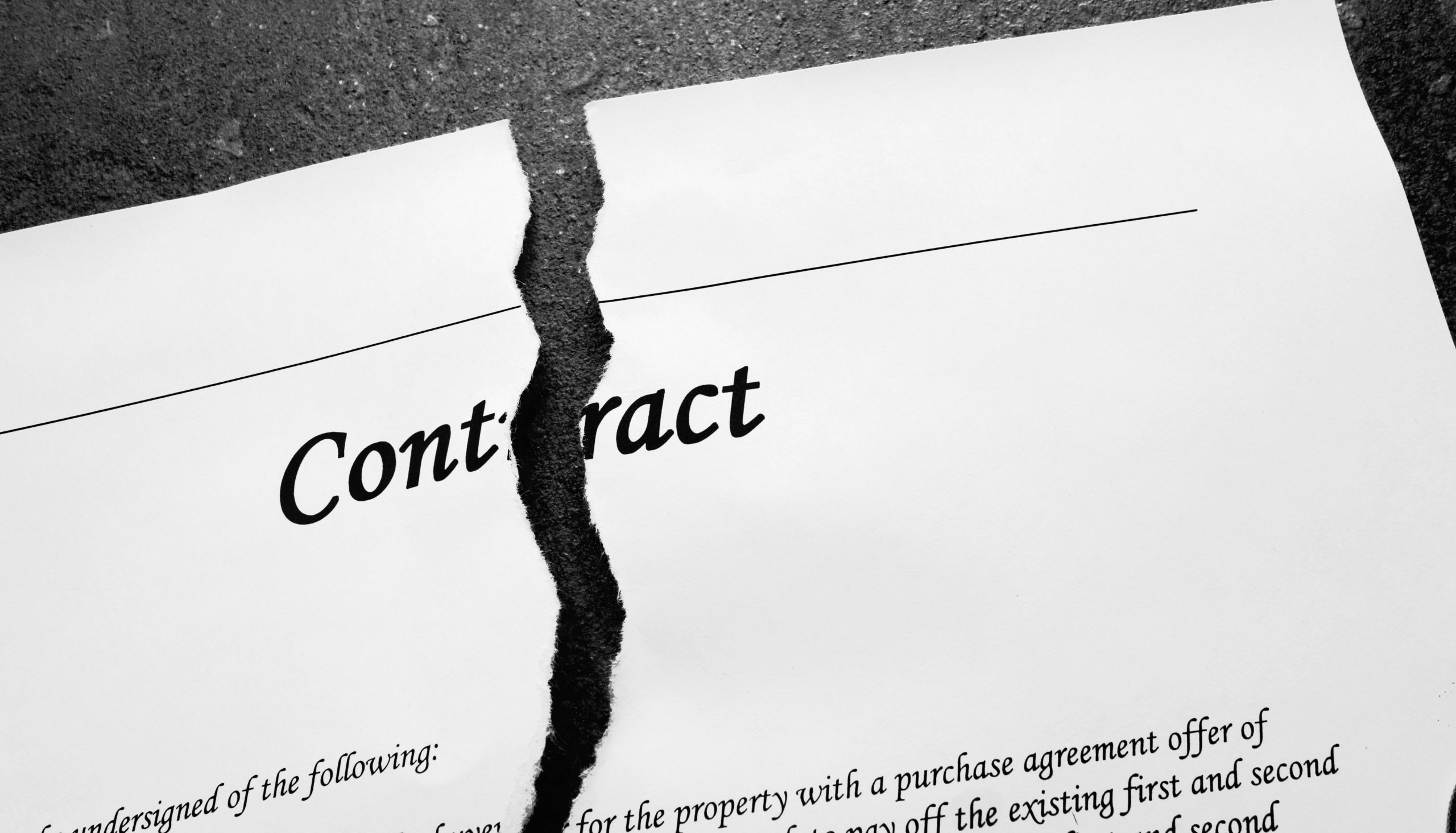Contractual time periods and limitations
Contracts contain requirements including terms for time periods, payment, termination of the contract, the exercise of option periods, and extensions of time. It is important to first review any contract to determine the terms of those time requirements, including how the “days” to fulfill an obligation are calculated. In that review, any references to natural disasters should be carefully considered, as state and local governments have, in many cases, declared states of emergency or disaster which may trigger such clauses (referred to as a force majeure provision) in a contract. Despite best intentions, however, many businesses will find themselves in a position where they will not be able to comply with a term of a contract on time. It is recommended that the business engage in proactive communication with the other party to the contract immediately. Our experience is that long-term business partners will be open to working with each other to try to maintain the relationship. If this line of communication is opened before the time limit is breached, it is more likely that the potential dispute can be satisfactorily negotiated.
Terminating or suspending contracts
The coronavirus is a disaster that is disrupting all aspects of our economy. This disruption is putting financial pressure on all kinds of businesses, but especially those in the restaurant, hospitality, and service industry. Many businesses will find themselves in a financial position where they cannot meet their contractual obligations and could look to suspend or terminate a contract. In that scenario, it is important to seek experienced legal counsel to review the terms of the contract for several issues.
Many commercial contracts will include a force majeure clause that addresses contractual obligations under extreme circumstances. The coronavirus pandemic could be a trigger for such a clause. The specific wording of any force majeure clause will be very important in determining how it will be applied in your particular situation.
If the force majeure clause is triggered, the contract most likely is not terminated. Again, it is important to consult with an attorney to determine exactly what will be required of both sides, and to potentially negotiate equitable terms on behalf of the business. It will be important to specifically identify how the failure to be able to meet contractual obligations are directly related to coronavirus and identify existing law or new government rules that could affect the contract obligations. The business should take steps to try to comply with the contract or mitigate the damage done to the other side, and carefully document those steps. And for a business with a customer that does not meet contractual requirements due to coronavirus, that business should advise its downstream customers if the failure impacts performance on their contracts with the business.
Potential Breaches of Contract
If you believe your business may not be able to meet a contractual obligation due to coronavirus, you should take proactive steps immediately. Review the contract with an attorney to determine your legal obligations and the impact of non-performance. Reach out to the other party to the contract as soon as possible to make a good faith attempt to negotiate a resolution to the breach, while considering whether parts of the contract could still be performed. If you learn that a business partner may breach a contract with your business, review the contract with counsel to determine your options under the contract. You should also take steps to mitigate your losses and anticipate how your partner’s breach could impact your ability to meet your obligations to other business partners. Document all of the steps you take in mitigation and reach out to those business partners that could be impacted.
It is always advisable to attempt to negotiate a resolution of a potential contract dispute by seeking time extensions, amendments to the contract, or other waivers of obligations. If such a negotiation is successful, it is also important to get any amendment or modification to the contract in writing. Seek the assistance of an attorney in all aspects of such negotiations, from reviewing your original contract obligations to drafting any modification of an existing contract.
Dysart Willis Houchin & Hubbard is prepared to assist your business in these difficult times. Let us help your business resolve potential contract disputes to maintain your existing relationships while seeking maximum benefit for your business.

